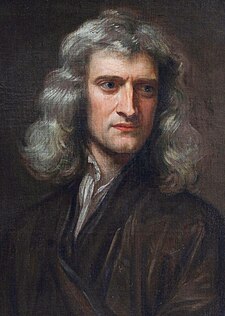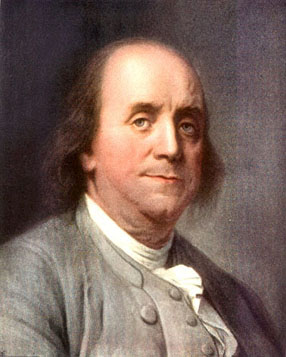Coup de fourdre is French for "lightningbolt", but the term is also used to mean a sudden, overpowering realization. I have been reading Empires of Light: Edison, Tesla, Westinghouse, and the Race to Electrify the World by Jill Jonnes, who describes Nicola Tesla as having realized how to make an AC electric motor in a coup de foudre. (Tesla was apparently one of those rare people who could envision simultaneously in his mind the revolving fields of an electric motor and the mechanical device of the motor itself, and in doing so invented a motor which he could not realize physically for years.)
by Jill Jonnes, who describes Nicola Tesla as having realized how to make an AC electric motor in a coup de foudre. (Tesla was apparently one of those rare people who could envision simultaneously in his mind the revolving fields of an electric motor and the mechanical device of the motor itself, and in doing so invented a motor which he could not realize physically for years.)
The second chapter of the book traces the history of the development of human understanding of electricity. It does so in a relatively uncomplicated manner so that an intelligent lay person should easily follow the evolution over more than a century.
 |
| Newton |
Isaac Newton revolutionized science by realizing that the orbits of planets, the fall of an apple, the trajectory of a cannon ball, and the period of a pendulum could were all to be understood as examples of the same thing -- the action of gravity on different objects. He went on to realize that the force of gravity was equal to the mass of the attracting object times the mass of the attracted object, divided by the square of the distance between them. This might well have been the result of a coup de foudre, a lightning bolt of recognition on contemplation of the famous fall of the apple.
 |
| Franklin | |
Benjamin Franklin, after spending considerable time replicating the experiments of the early students of electricity and carrying out his own original experiments, recognized that the flow of electricity in a wire connected to a battery, the sparks generated by rubbing certain materials such as amber with fur, and a bolt of lightning were all examples of the same thing -- the flow of electricity. He created the conceptual framework still used today, that electrical current flowed from positive to negative, and the greater the pressure (what we now call voltage) between source and sink, the greater the current. No wonder Europeans regarded this unschooled American with wonder. His too might have been the result of a coup de foudre leading to the famous experiment flying a kite in a thunderstorm.
 |
| Michael Faraday |
Jones also describes the realization my Michael Faraday that electricity and magnetism were different aspects of the same thing. The compass had long been used, and it of course works as a magnetized dial is attracted by the north pole of the magnetic field created by the earth. Faraday noted that the pointer of a compass was deflected when he created an electric current in a nearby wire, and went on to show that a current in a wire created a magnetic field and that moving a wire in a magnetic field induced a current in the wire. Another coup de foudre?
 |
| Benjamin Thompson |
|
Incidentally, Benjamin Thompson, an American contemporary of Franklin was responsible for another insight in which apparently different phenomena could be grouped as examples of a more fundamental phenomenon. Before his time it was thought that heat was a fluid that flowed from something hot to something colder, and that the greater the difference in heat, the greater the flow. Thompson noted that in the boring of the barrels of canons, heat was generated. He recognized that mechanical energy by the action of friction was converted into heat, and thus that heat and friction were phenomena that could be related by a deeper phenomenon, energy. Another coup de foudre?
Thompson, like Franklin, was responsible for a number of inventions that were important in his own time, and like Franklin was later in life to take on important roles in government. He was a founder of the British Royal Society, created Baron Rumford of the Holy Roman Empire in recognition of his accomplishments. (Have you never heard of Rumford? He is not discussed in American schools because he was a loyalist rather than a revolutionary, one who emigrated to England rather than join the American "founding fathers" in revolt, and indeed he produced studies that helped the British improve their gunpowder with which to kill more rebels.)
 by Jill Jonnes, who describes Nicola Tesla as having realized how to make an AC electric motor in a coup de foudre. (Tesla was apparently one of those rare people who could envision simultaneously in his mind the revolving fields of an electric motor and the mechanical device of the motor itself, and in doing so invented a motor which he could not realize physically for years.)
by Jill Jonnes, who describes Nicola Tesla as having realized how to make an AC electric motor in a coup de foudre. (Tesla was apparently one of those rare people who could envision simultaneously in his mind the revolving fields of an electric motor and the mechanical device of the motor itself, and in doing so invented a motor which he could not realize physically for years.)



No comments:
Post a Comment